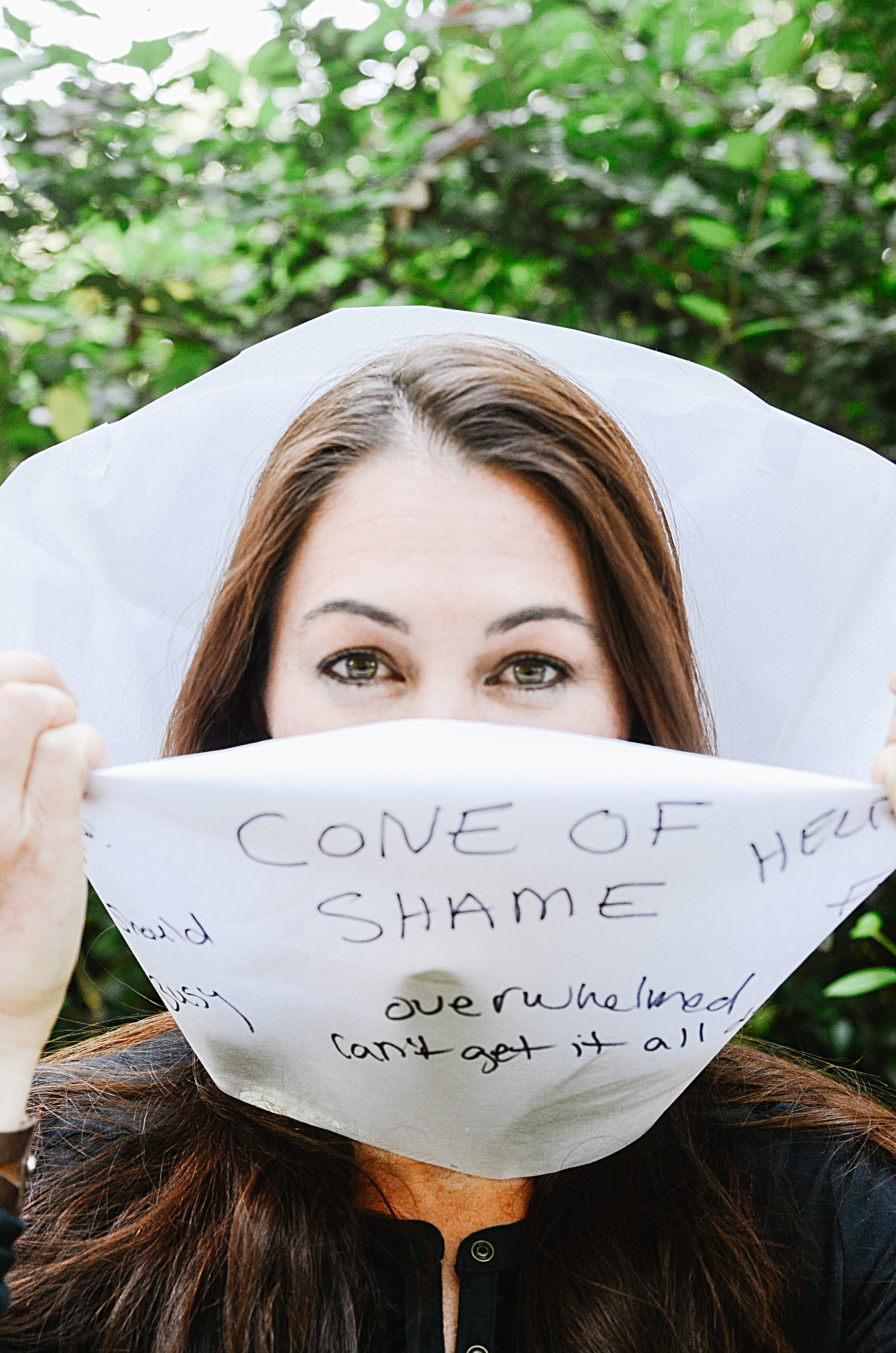Herbert J. Freudenberger, an American psychologist who studied stress has been credited with coining the term BurnOut. He was intrigued by patients who would light a cigarette, and then let it sit in their hands and BurnOut without smoking it. Dr. Freudenberger was so dedicated to his work, he never took vacations and barely saw his family.
One day he woke up and literally could not get out of bed. It was here that he spoke into a recorder about his own symptoms and then listened back, analyzing himself. He felt like those cigarettes that his patients just let BurnOut. Dr. Herbert was the first to describe symptoms of professional exhaustion.
What happens you find yourself unexpectedly knocked down by stress?
Disillusionment is one word. Embarrassment is another. You trudge on knowing—eh, maybe you’re not certain at this point—you’re better than this. Immense shame often wells up over an inability to fix it. You feel deeply lost.
You know big lifestyle changes are in order to get your life back on track. But for many the stumbling block is a pie in the sky notion, that life will run smoothly once you get that next project done. But like creative author Natalie Goldberg so eloquently pronounces: “life is not orderly. No matter how we try to make life so, right in the middle of it we die, lose a leg, fall in love, drop a jar of applesauce.” Sh*%t happens. . . all the time.
BurnOut exaggerates the disorder of life, especially when you feel like everything hinges on you. Our livelihoods, financial security, and reputations feel like the are tittering on the edge of disaster. This rapidly declines our mental health as stress takes huge chemical draws from the brain. The change in cranium chemistry can result in depression, anxiety, and feeling like a 200lb gorilla is on your chest.
BurnOut creeps in while you’re hopelessly wrapped up in getting stuff done for the sake of, you guessed it, getting stuff done. For that short-lived accomplishment high, addicted to busy leads to doing more but living less.
“I can handle this”, we think to ourselves, as we say yes to taking on more. But in fact, we are poorly maintaining. We don’t notice what is happening until the physical symptoms keep
us from working.
Here is the odd thing: many who experience BurnOut aren’t in a miserable career. But people often equate BurnOut with a bad job or poor career choice. This fact can make BurnOut even more uncomfortable because those who burnout are extremely passionate about their work. Especially when you’ve taken on the persona of superhero impervious to work kryptonite.
A five-letter word pops up: shame. You ask yourself, I’ve got it good, how could I be so utterly stressed? It doesn’t make sense. What was wrong with me? Am I ungrateful? A fraud? Useless? If these questions sound familiar, then you’ve been down a similar path.
The BurnOut label feels like a failure. Which can lead to irrational storylines. For me, in the worst of my burnout, I had a fear was that the entire world, all 7 billion people, with their 14 billion eyeballs would use their 70 billion fingers to send gossipy texts about my inadequacies.
BurnOut happens only to people who aren’t tough enough, an uneducated part of me thought. This is an example of how our thinking deters us from seeking help. I was feeding myself BS, a habit high achievers take on to keep themselves going when they are running on empty.
Then a life vest arrived. A very wise woman said to me: “In order to burn out, you first have to have a burning passion.”
BurnOuts have a tireless drive. Dedicated to a powerful why and a need to make an impact—this fuels that passion that will either launch you forward or burn you out. But the paradox is, without it, you wouldn’t be able to do what you do. For many, the process of understanding how to succeed and heal from stress is learning how to control the flame.
You have to stop carrying the weight of the world on your shoulders, stop taking responsibility for everything, and stop piling on more projects. You have to say YES to yourself, put health first, and say NO to going into energetic debt.
The experience of BurnOut is messy, depressing and ugly. You might feel like you’re wearing a cone of shame. But, I have since realized, it doesn’t make you less than, it makes you more than. The darkest times often create the greatest strength within us. It’s time to walk away from chronic stress. It’s time to stop feeling ashamed, lost, and confused. It’s time to go from charred to charged. Are you ready?
Photo By Christine Lentz


